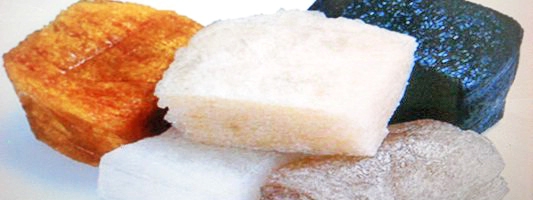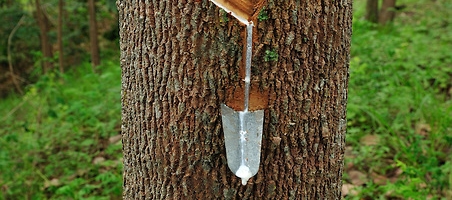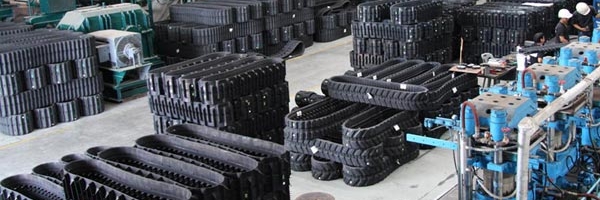KPMG Automotive Related Rubber – COI Review
KPMG Automotive Related Rubber – COI Review Want and edge when it comes to Automotive related to rubber? Attached is the latest installment of our Monthly Automotive Health Monitor, which provides an overview of ongoing trends and news in the industry. Notable insights from this installment are as follows: Automotive OEMs (e.g., GM) as well […]

















